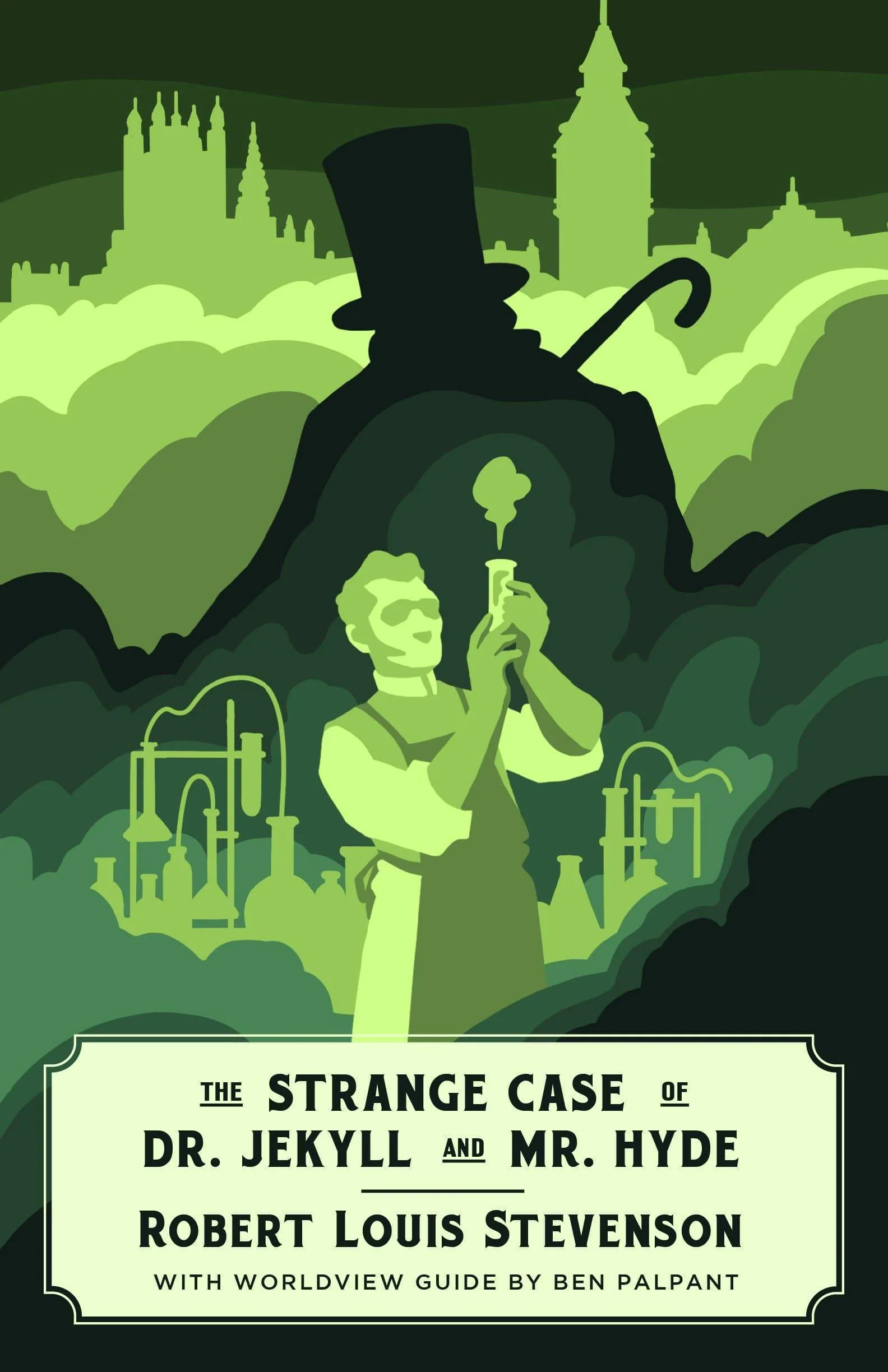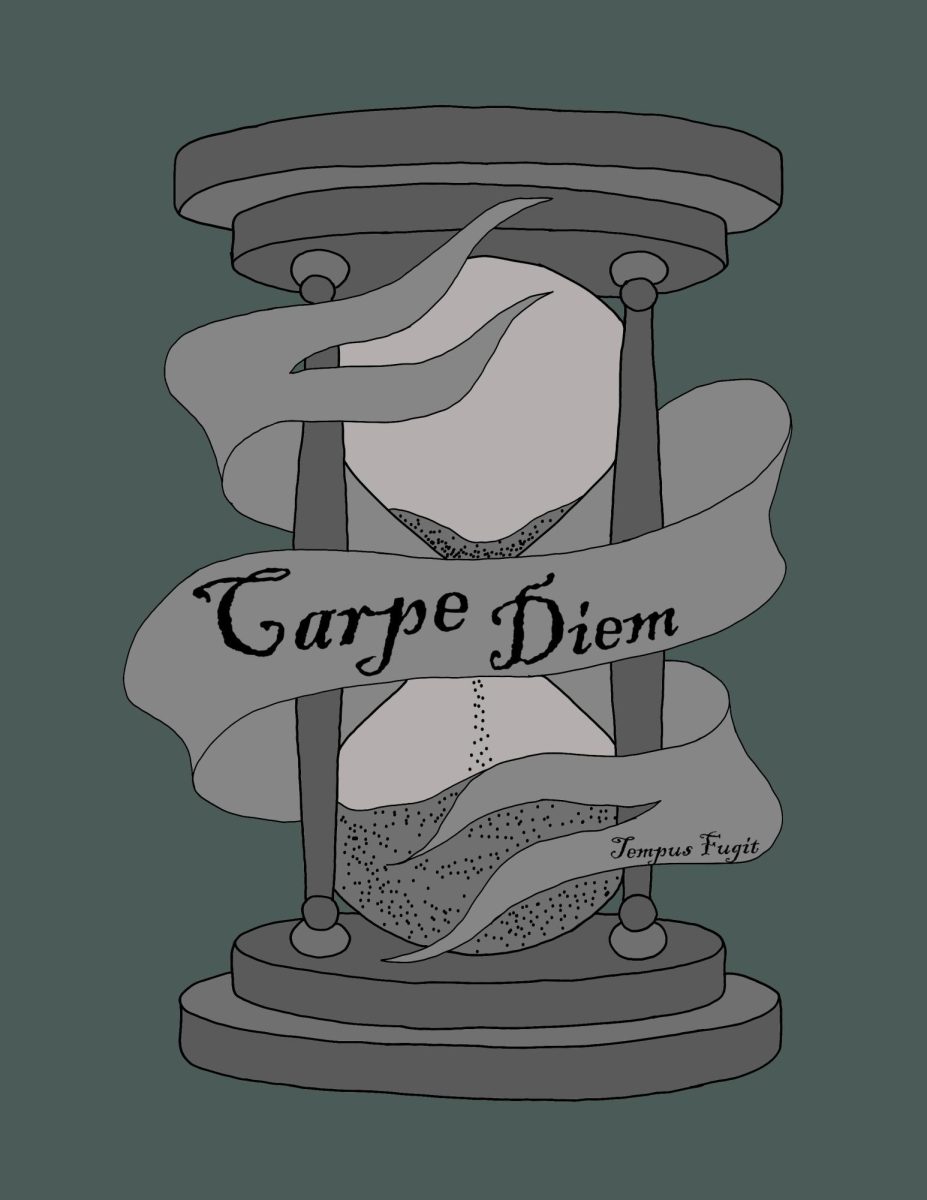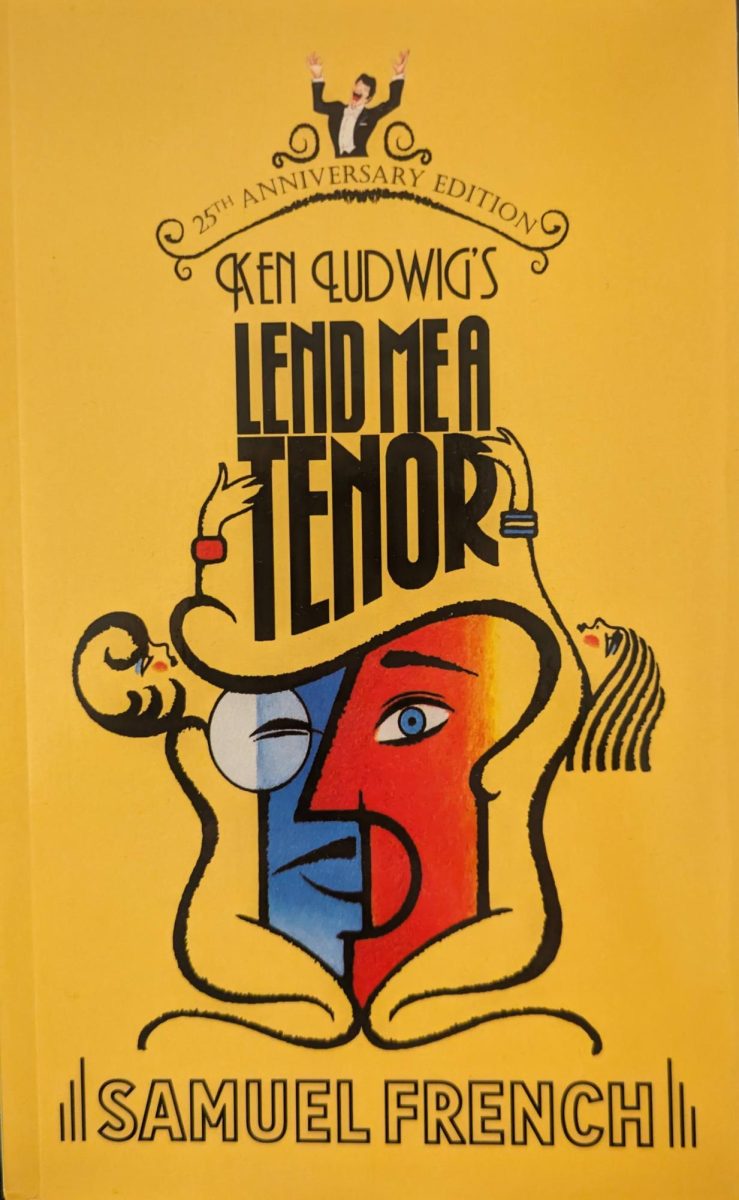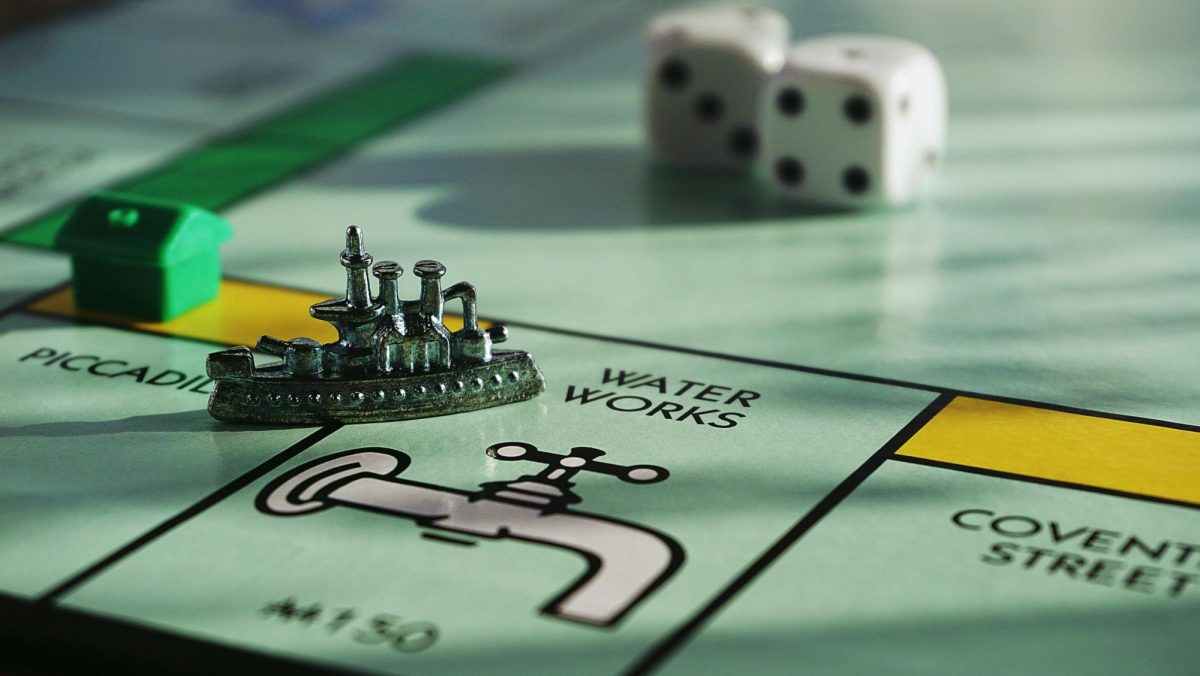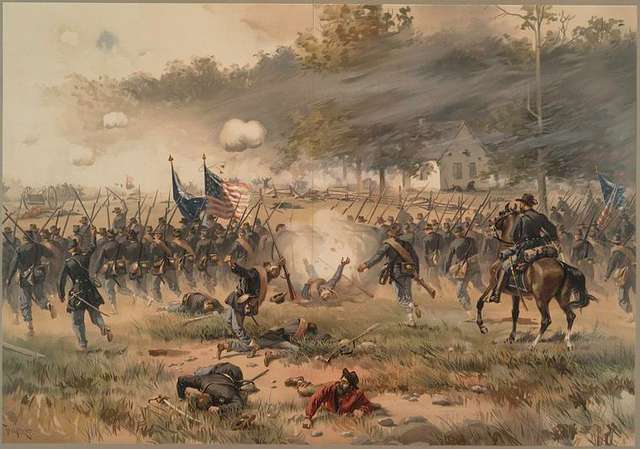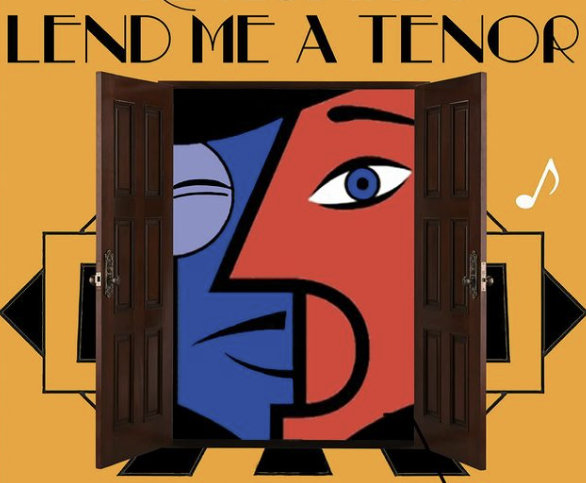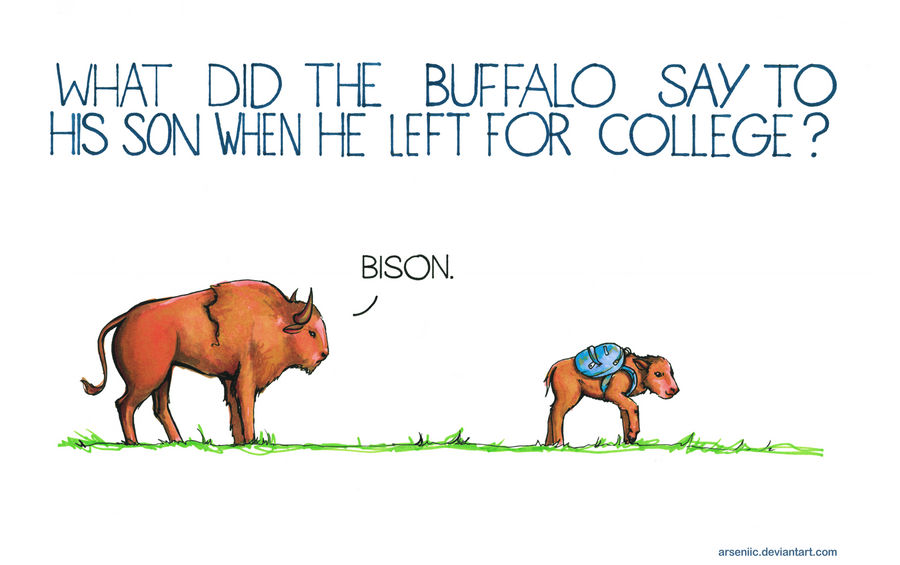The Strange Case of Dr. Jekyll and Mr. Hyde
Author: Robert Louis Stevenson
Originally published: January 5, 1886
Pages: 141 (Novella)
Takes place in London, Victorian era, early 1800s
Genres: Mystery, science fiction, gothic fiction, fantastique
*This article contains spoilers for the book.*
Prior to reading “The Strange Case of Dr. Jekyll and Mr. Hyde,” I knew next to nothing about the true mystery that waited for me in its pages. Based on my minimal knowledge of Dr. Jekyll’s scientific discovery on a show (ABC’s “Once Upon a Time”) I had watched years prior, I wasn’t sure what to expect until I started the first chapter. As I started reading I realized that the story was not from Dr. Jekyll’s perspective as I had envisioned it to be, but instead from the perspective of his friend and lawyer Dr. Gabriel John Utterson. Similar to the first chapter, the next nine were not what I expected of them; for many reasons including Dr. Jekyll’s behavior, the development of the mystery, and the conclusion, which is what surprised me the most.
As I was introduced to this unexpected narrator, I also came to know the character of Mr. Hyde, before even the original Dr. Jekyll himself. It was during a stroll with his friend Mr. Richard Enfield through a busy quarter of Victorian era London when Mr. Enfield recalled his encounter with Mr. Hyde.
Enfield’s description of Mr. Hyde was curious to me: “He is not easy to describe, there is something wrong with his appearance; something displeasing, something down-right detestable. I never saw a man I so disliked, and yet I scarce know why.” Mr. Enfield’s words would serve as a true personality description of Mr. Hyde throughout the book. Utterson also attributed to Mr. Hyde’s character when he reflected that “if ever I read Satan’s signature upon a face, it is on that of [Mr. Hyde].”
Dr. Jekyll is introduced in the third chapter, as “a large, well-made, smooth-faced man of fifty, with something of a stylish cast perhaps, but every mark of capacity and kindness…” The obvious differences between Dr. Jekyll’s kind character and Mr Hyde’s simply evil character is just the start of their strange duality. In fact, Jekyll himself knew of this, and knew that it was something to be found within every person. “It was on the moral side and in my own person, that I learned to recognise the thorough and primitive duality of man.”
du·al·i·ty do͞oˈalədē
noun duality plural noun dualities
1. the quality or condition of being dual.
2. an instance of opposition or contrast between two concepts or two aspects of something; a dualism.
— Google Dictionary
What I find the most interesting about Stevenson’s story is Dr. Jekyll’s intentions behind his scientific discovery. Knowing the duality of man, as he calls it, he sought to separate the two so that both characters could live a full life with their aspirations achieved.
“If each, I told myself, could be housed in separate identities, life would be relieved of all that was unbearable; the unjust might go his way, delivered from the aspirations and remorse of his more upright twin and the just could walk steadfastly and securely on his upward path, doing the good things in which he found his pleasure, and no longer exposed to disgrace and penitence by the hands of this extraneous evil,” said Jekyll.
Despite Dr. Jekyll’s intentions being honorable in nature, the true nature of his experiment is evil. It is evil to split a person’s identity, for they are composed of good and bad. To separate the two is to create a horrible imbalance which, as Dr. Jekyll eventually finds out, only leads to the destruction of one’s soul.
Dr. Jekyll’s desperation was curiously seen in his letter to his old friend Mr. Lanyon: “Lanyon, my life, my honour, my reason, are all at your mercy; if you fail me to-night, I am lost.” Lanyon’s directive was to retrieve the potion that turns Dr. Jekyll into Mr. Hyde, and without it Dr. Jekyll would be stuck permanently as his evil half.
I thought the progression of Dr. Jekyll and Mr. Hyde’s relationship was fascinating, especially since it’s beautifully developed in the short novella. In the 10th and last chapter titled “Henry Jekyll’s Full Statement of the Case” he recounts his entire experience in splitting himself. He specifically mentions how at first it was difficult to become Mr. Hyde, but eventually became easier and easier to do so.
“Whereas, in the beginning, the difficulty had been to throw off the body of Jekyll, it had of late gradually but decidedly transferred itself to the other side. All things therefore seemed to point to this; that I was slowly losing hold of my original and better self, and becoming slowly incorporated with my second and worse.”
I think Dr. Jekyll’s realization of losing his better self is what made him commit suicide at the end of the book. He realized that his act of splitting his very soul actually made him more evil than Mr. Hyde ever was, and more than that, he was remorseful. “Half an hour from now, when I shall again and forever reindue that hated personality, I know how I shall sit shuddering and weeping in my chair… I bring the life of that unhappy Henry Jekyll to an end.”
Ultimately, I loved the novella. I thought that it depicted a creative and mysterious case dealing with the duality of man. However, I do believe that since it is an older book, and the general plot has become so famous, the mystery has been ruined by time. Knowing the general story of how Dr. Jekyll splits himself so as to include Mr. Hyde, I was always reading with that knowledge and without the curiosity of what might happen next. My only wish for the book was to have read it in 1886 so that I could’ve fully experienced the mystery and enjoyed the story more.


